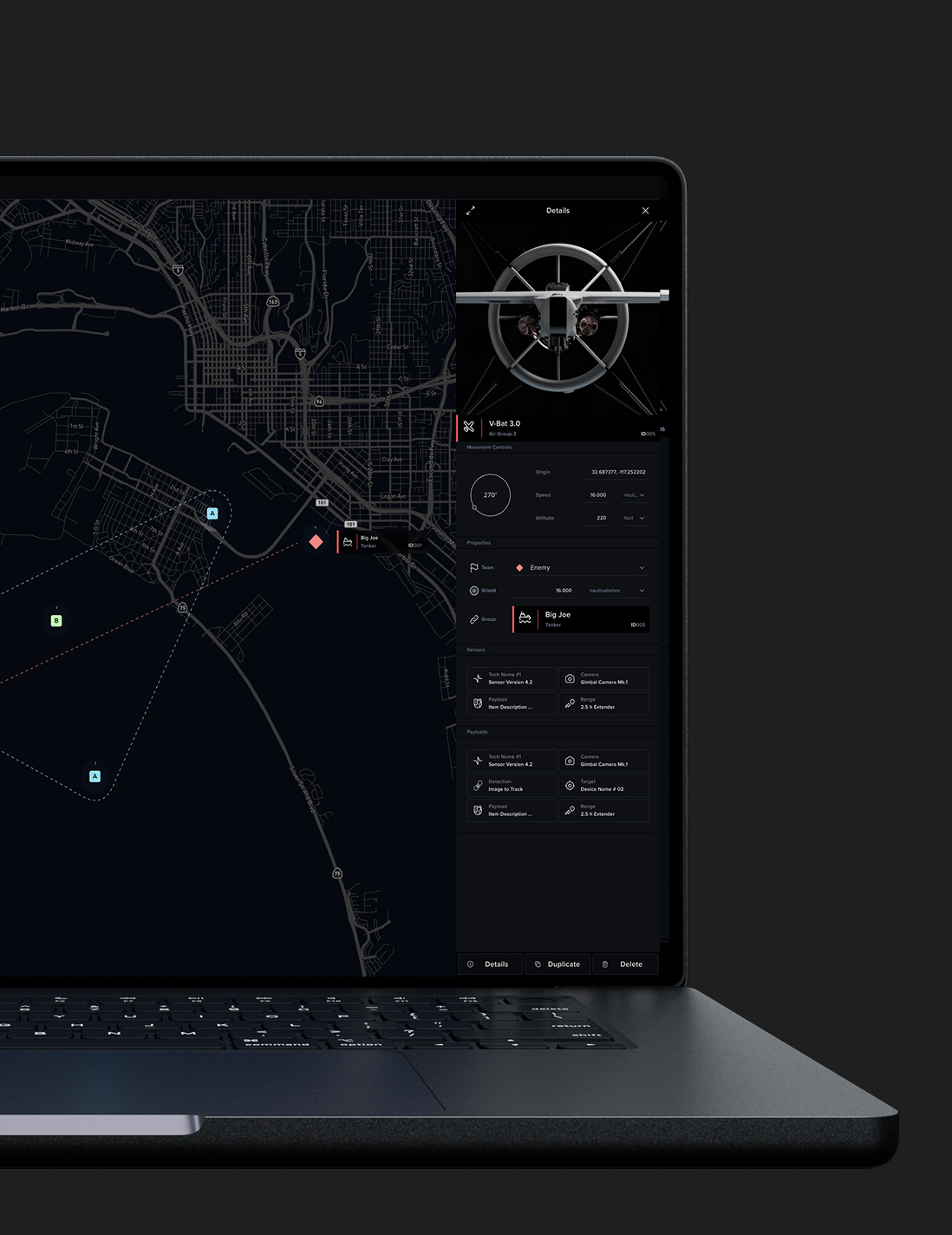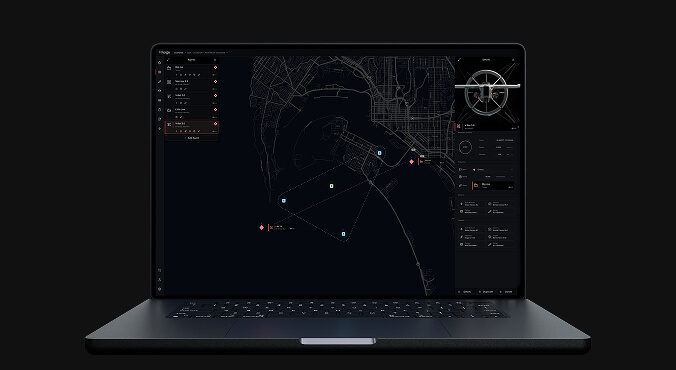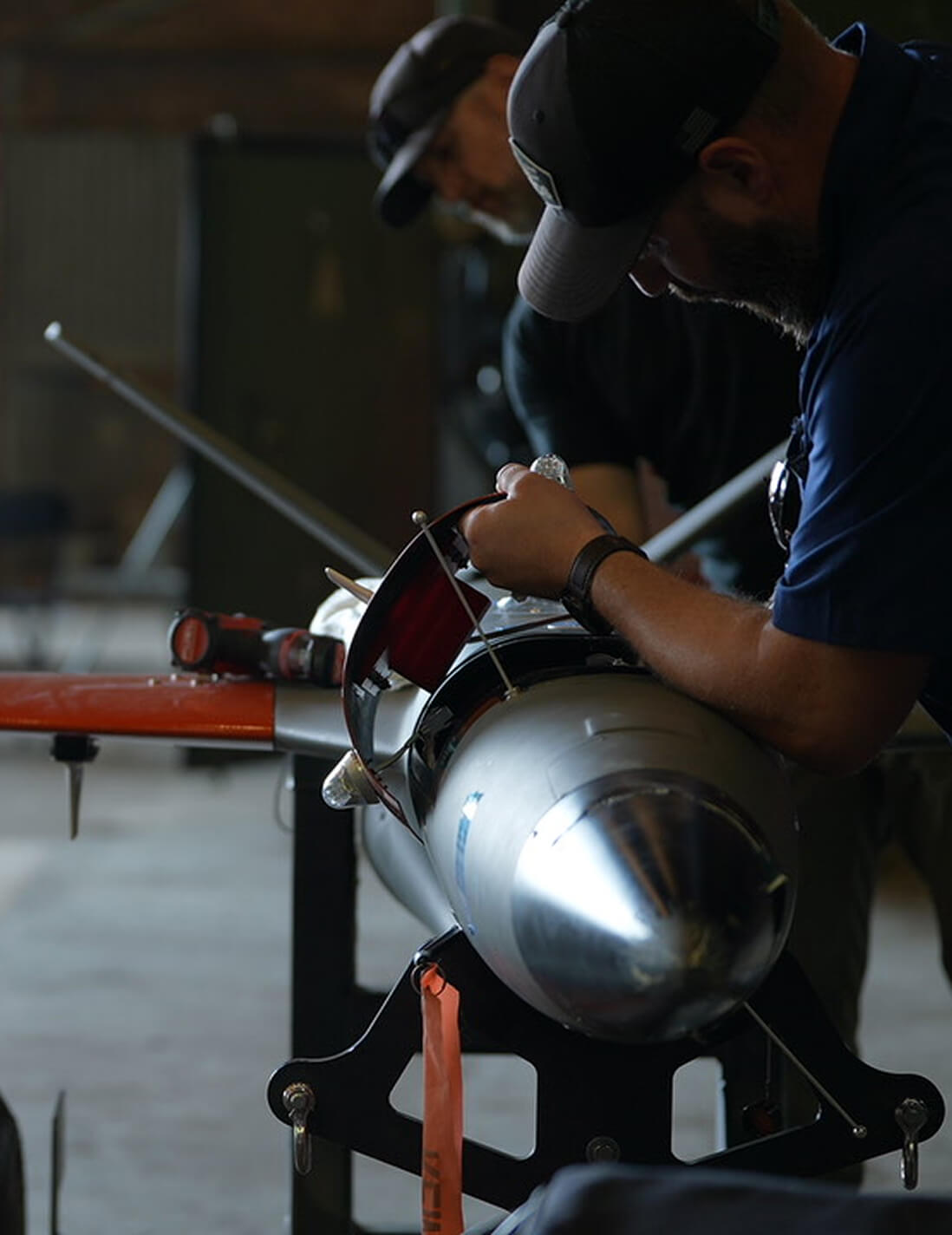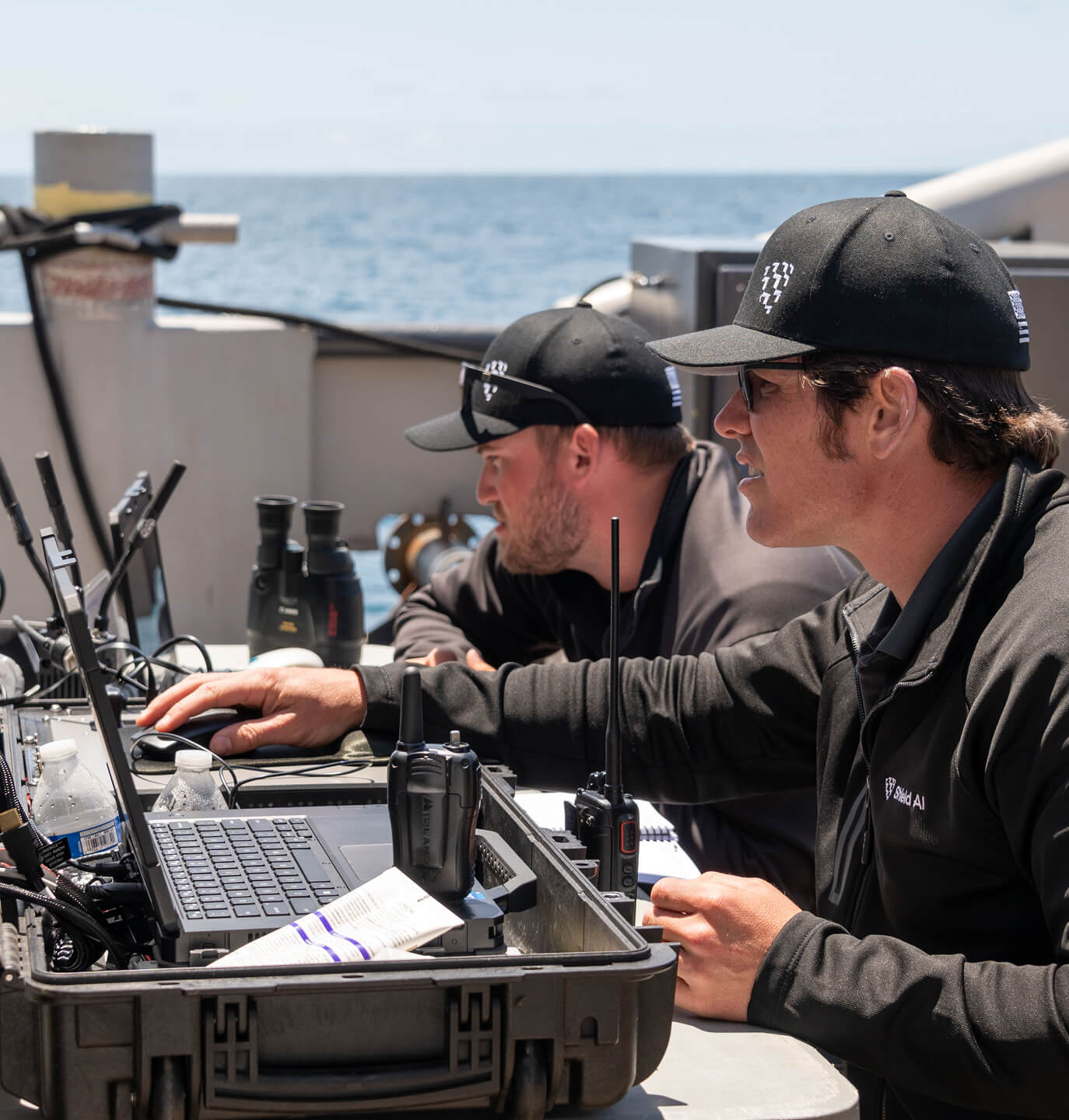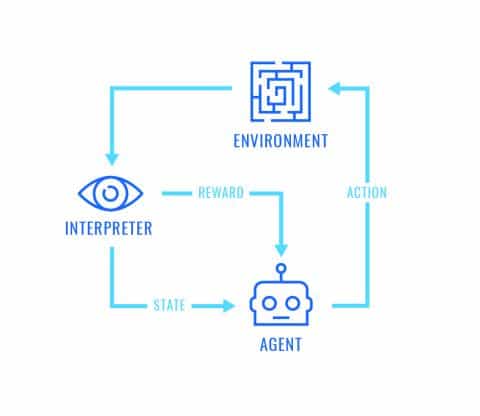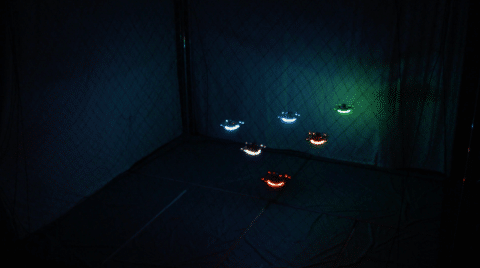[November 27, 2018]
The Role of Trust at Shield AI
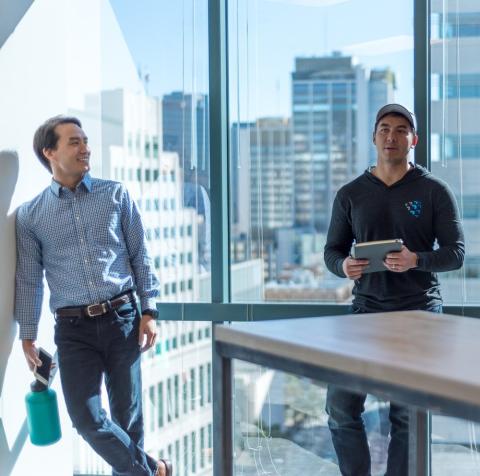
A conversation with Ryan Tseng, Shield AI’s Co-Founder and CEO.
Tell us a little bit about the formation of Shield AI & the mission. How did trust factor into the underlying idea of creating the company?
Trust was a huge component of what inspired Brandon to want to start Shield AI. His experiences in the military and his experiences deploying and seeing people in harm’s way. For me, as an entrepreneur, trust was important in the context of being able to trust your teammates. When we started, on the first day, we talked for eight hours about the mission of the company and the values we wanted to set.
The mission and values were centrally important, and among that list of values, the first one was trust. I don’t think there is anything more important to the functioning of a company than trust. If trust is absent, you will never achieve your mission.
Honesty and integrity are table stakes. At Shield AI, we ask that teammates be willing to put the people around them first. As an organization, trust is about being a company that puts customers and stakeholders first, asking what we can do better to meet their needs more effectively and focusing on how we can make them proud. So, at the beginning, we thought that if we could build an organization where honesty and integrity were central and infused into every decision we made, where there was a culture of putting your teammates first, and where there was a culture of focusing on how to make customers proud, then we could have a solid foundation of trust.
Did you think it would be hard to do?
I didn’t know if we would be able to do it, but I knew through my prior experiences that it was something I cared a lot about. I had witnessed environments where there was not a lot of trust and I saw how detrimental it was. I knew it would be challenging because I believe so many teams and companies have trust-related challenges.
How does Shield AI work to create a culture of trust?
There’s a process for it and it starts with just having clarity about what our values are. Because trust sits at the top of our values, it has a large impact. It permeates all of our processes. We consider trust in the way that we hire, in the way that we conduct our performance reviews, in the way that we interact with investors, and in the way that we serve our customers.
In additional to building the values into our processes, I would say that a lot of people on the team are very deliberate in talking about trust and values frequently. For instance, our current priorities are product, execution, and teammates. That’s not an accident — the idea of putting teammates first is a pillar of trust and it is something that I and others on the team prioritize all the time.
How have your previous experiences in lower-trust teams informed how you think about creating trust at Shield AI?
It is common for organizations to include concepts of trust, honesty and integrity in their values, but have cultures that fall short in the embrace of those values. The biggest gap are the leaders — leaders who do not make it a priority to build a culture of trust. Leaders who watch things happen and do not say anything when they should. Among the most important aspects of building a culture of trust is getting the leaders invested in the importance of continuously emphasizing and embodying trust and talking about why it matters.
How do you see the responsibility of creating trust in a product such as Nova in the context of protecting lives?
I think it’s the most important aspect of the product. Whether or not somebody chooses to use it is based entirely on whether or not they trust it. Without the foundation of trust, Nova would not be something that our customers would choose to use when people’s lives are on the line. Just as trust is fundamentally essential for a high-functioning team or fundamentally essential for an organization’s success, trust is fundamentally essential for a product to be useful to people.
If customers were talking about Shield AI and trust, what would you want them to say? How would you want them to think of the organization?
I would want them to know that we genuinely care about our mission and making them proud. If every conversation at Shield AI were recorded, no matter who was at the table, and played back for our customers, it is my hope that our customers would conclude, “I’m proud to work with these people, they stand up for my interest.”
